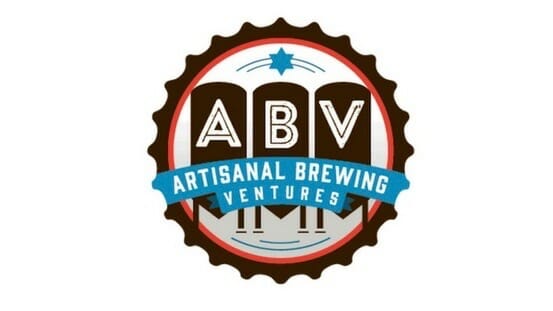6 Recent Craft Beer Mergers and Acquisitions

Think Anheuser-Busch is the only beer conglomerate on the prowl for craft breweries? Think again. MillerCoors has made some big moves in 2016, and we’re seeing more private equity firms get into the craft beer game by purchasing majority stakes in small companies and spearheading mergers between some of our most beloved craft breweries. Meanwhile, the merger between AB Inbev and SABMiller continues to move forward with the blessing of the Department of Justice, after a few key provisions that might actually help small brewers distribute their beer. In other words, it’s a wild time to be in the beer business. Here’s a look at how the world of craft beer has evolved this year.
Hop Valley Brewing Co.
Eugene, Oregon

AB Inbev isn’t the only beer conglomerate to buy up small craft breweries. MillerCoors recently purchased a majority stake in Oregon’s Hop Valley. According to Hop Valley’s press release, the founders will maintain ownership and control over the beer at Hop Valley, while the partnership with MillerCoors will allow them to increase production, and distribution.
Terrapin Beer Co.
Athens, Ga.

MillerCoors recently purchased a majority interest in Terrapin through their craft division, Tenth and Blake. The purchase wasn’t a complete shocker, since MillerCoors had owned a minority stake in the Athens brewery since 2012. Terms of the deal, which should be completed in August, haven’t been disclosed. Terrapin has had some success with their sessionable RecreationAle recently, but is probably best known for their off-the-wall Side Project series and Moo-Hoo Chocolate Milk Stout.
-

-

-

-

-

-

-

-

-

-

-

-

-

-

-

-

-

-

-

-

-

-

-

-

-

-

-

-

-

-

-

-

-

-

-

-

-

-

-

-












































